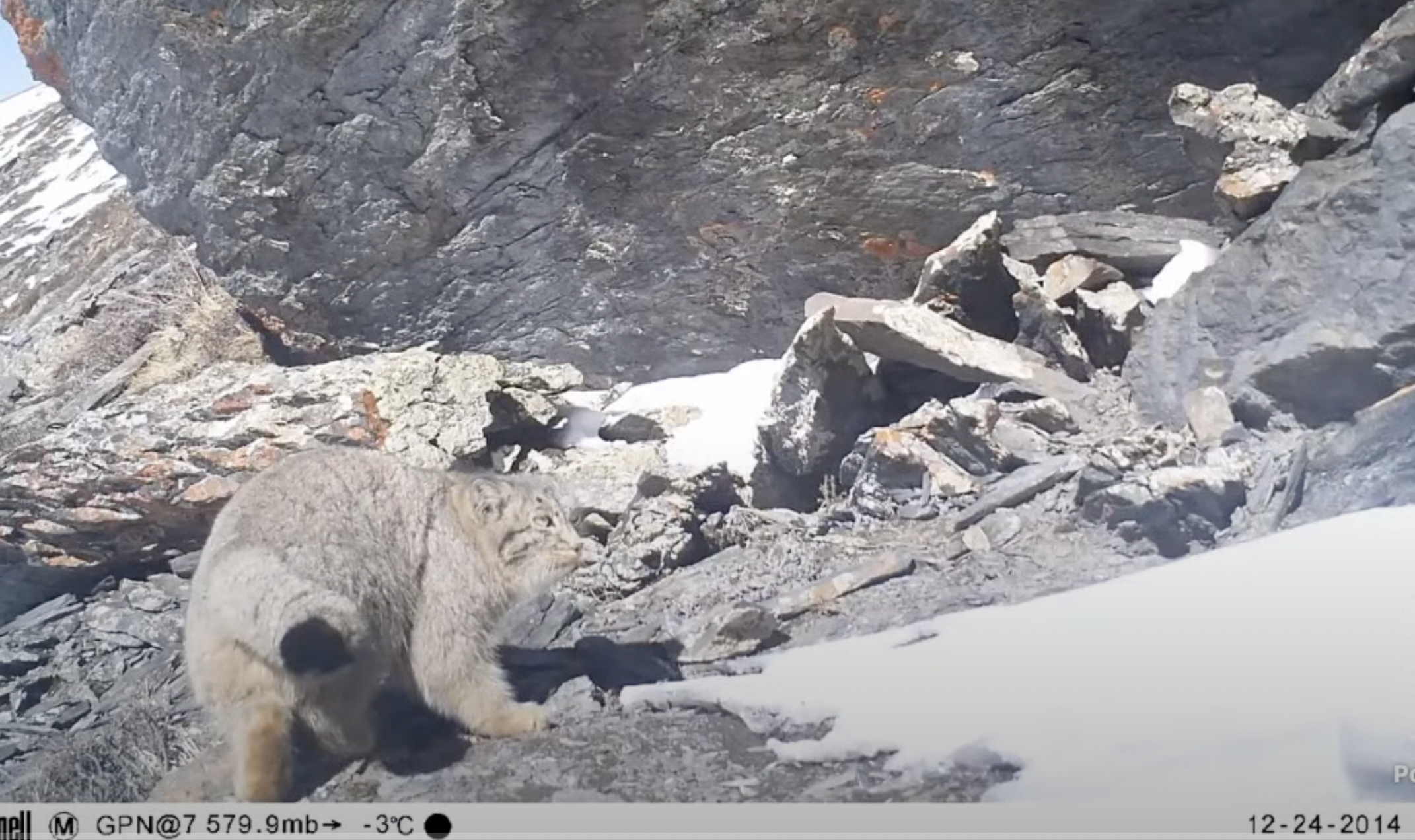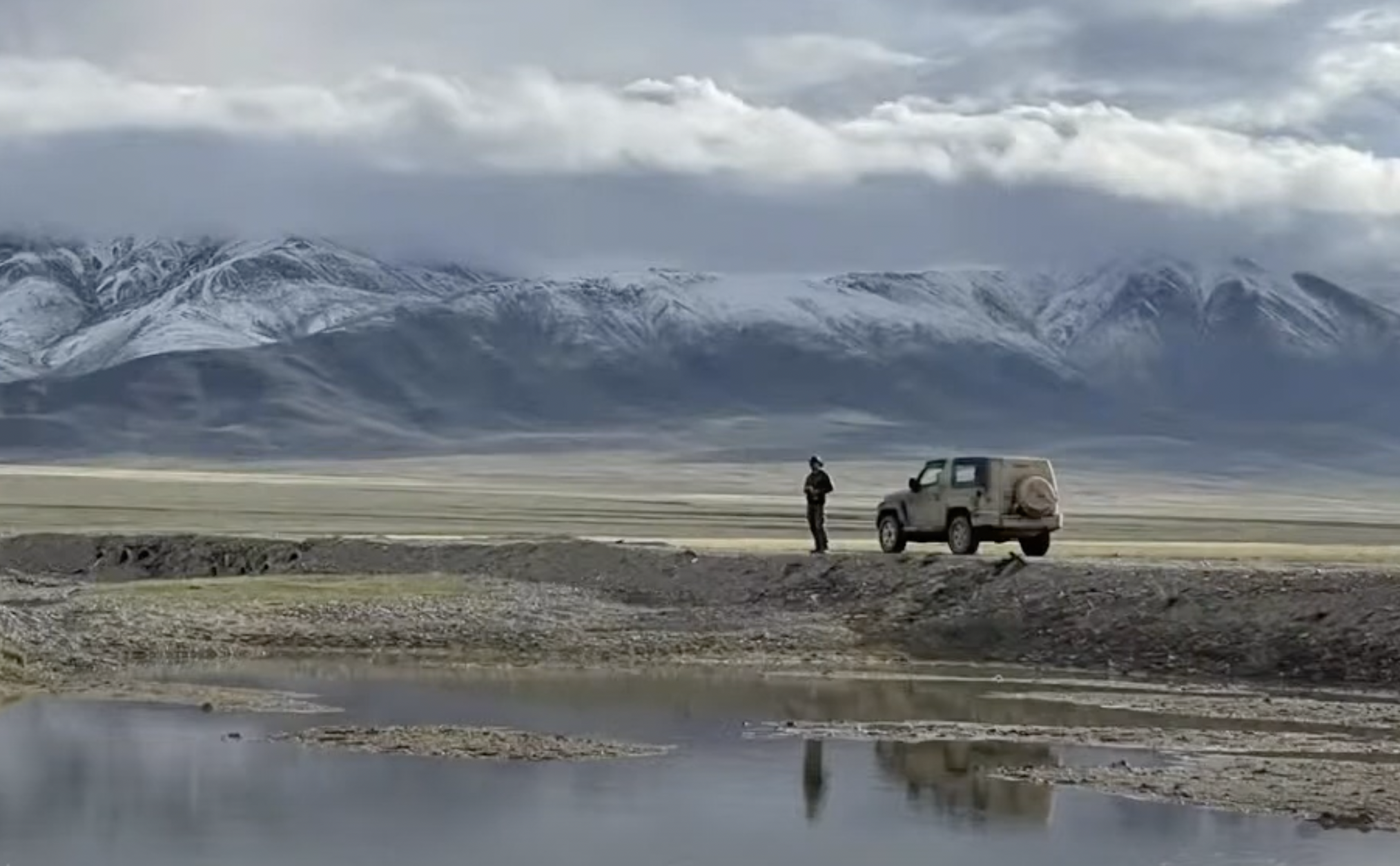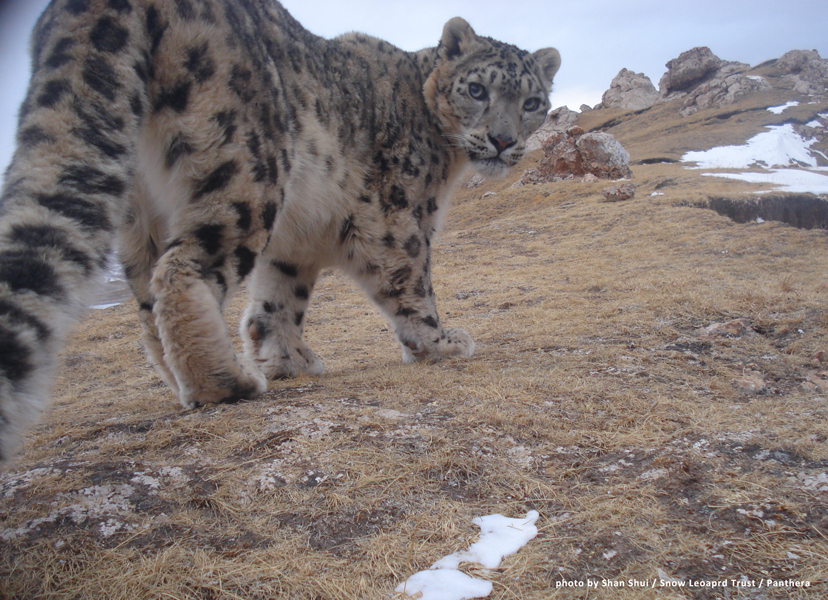The Snow Leopard Network is excited to bring you this exclusively tailored Summer Exchange 2024 – Conservation Leadership Program.
This program is being offered to our Network exclusively by members of the Three Mountain Group.
About the Program:
Strong Leaders – Effective Organizations – Transformative Impact
Conservation leaders, like any leader, are continually faced with opportunities and challenges that they need to meet. This leadership development training is designed to significantly increase the skills of leaders to manage in three critical areas:
- individual leadership (use of self),
- organizational leadership (leveraging teams),
- and systems leadership (navigating large systems change).
Each skill area will have two sessions (120-minute-long virtual sessions) focused on building core capacities in that area of leadership excellence. Dynamic, adaptive, and effective leadership is needed now more than ever, we look forward to working with you on your journey!
Expected outcomes:
- Increased self-awareness and improved leadership skills for greater confidence, effectiveness, and enjoyment.
- Enhanced understanding of a range of practical tools, techniques, and models to apply to organizational leadership and management to strengthen team and organizational performance, comradery, and commitment.
- Stronger abilities to manage and influence change at larger levels for greater systemic impact through building robust partnerships and dependable collaborations; and
- Establishment of an initial peer network or conservation leaders with the potential for future collaborations, initiatives, and exchanges.
Program design:
The program design is built on decades of experience in leadership development and conservation in over 75 countries around the world. This wisdom will be combined with individual interests of participants to collaboratively build a custom program based on leaders needs and curiosities. The program is designed to build on and improve participants already existing skills. The focus will be on building participants individual leadership abilities and skills for managing themselves and influence and ability to lead their teams and organizations and wider networks of collaborators in the systems in which they operate. The program will combine a blend of exposure to leading ideas and practices, personal reflection and exploration, peer learning and exchanges with colleagues, provision of practical tools and methods and group exercises and applications.
The overall design of the program is based on building and exercising leadership at three distinct and expanding scales:
- Individual leadership: strengthening individual’s personal skills and characteristics as leaders, developing greater self-awareness of personal preferences and tendencies, managing relationships and personal wellness.
- Organizational leadership: managing interactions with others, team dynamics and leading with and through mobilizing and supporting others.
- Systems leadership: learning to reach and operate beyond one’s own team and organization to interact with multiple actors and organizations critical to success and scaling up of efforts. This requires leadership that can bring together a range of stakeholders to work together to achieve common goals.
Feedback from previous Leadership Program participants:
“Everything I have learned, all the skills, all the tools, all the leadership qualities everything that we have done, I have been able to pass back to my team, so the training has not just been impactful for me but has made a difference to the whole team I am leading.”
“The Conservation Leadership Program has greatly helped me in building on my leadership skills, including understanding my strengths and weaknesses, how to manage teams and understanding team dynamics.”
“The leadership sessions have shifted my view of leadership. I’ve taken more leadership roles in my organization. I’ve learned enough to give me confidence in guiding others, at the same time embracing my new leadership presence. The trust and connections built with other participants has formed strong foundations for deep collaborations and partnerships going forward.”
“The Leadership program has kept my own energy level high and renewed my commitment to focus on various elements of organizational development. I have gained numerous insights on how to lead better and implement simple and more effective management practices.”
“The Conservation Leadership Program provided the right platform and trusting environment to develop meaningful collaboration and exchange of ideas. I am very excited about the high-level conservations I have started with other participants, which could result in immense impacts for conservation. This unique leadership program made this collaboration possible.”
Core Faculty for Leadership Program:
John Griffin and Steve Johnson, whose bios are listed below, will be the core faculty for the leadership program – together they have over 80 years of experience in the fields of conservation and leadership. Based on the final design of the course, it may be that other guest faculty join the program as needed.
John Griffin: Senior Consultant and CEO Three Mountain Group
John has been a trusted global expert for over 35 years and his work has taken him to over 70 countries around the world. He applies his unique multidisciplinary studies in economics, anthropology, ecology, psychology, organizational development, internal martial arts and mindfulness to some of the world’s most complicated issues.
For the past 25 years, John and his clients have worked on vital global issues in need of systemic change. For over a decade, in the 1990s, John focused the majority of his work on addressing complex conservation initiatives and served as an international wildlife and biodiversity specialist for the US government, United Nations, the World Bank, the World Wildlife Fund and numerous national governments and local communities having had an opportunity and honor to work in some of the most wild, naturally beautiful and remote locations on the planet.
Steve Johnson: Senior Consultant Three Mountain Group
Steve has been a leading international conservation specialist. Through his 45 years of experience in the wilds of Africa, he uses his passion and expertise to support exceptional people of conscience and empathy to find true purpose in their lives – to make a difference in our world – leaving a meaningful legacy. He has designed and led a program called the League of Legends to promote deep and transformative shifts in leaders across various disciplines and sectors. As an executive management coach, professional speaker, and mentor he continues to influence others to live their legacies one day at a time.
Steve has been Chief of Party (COP) – leader of several significant nature conservation programs. He led USAID’s VukaNow Program which collaborated with various USAID programs in Southern Africa to combat wildlife crime across the region, with a focus on protecting elephant, rhino, wild lion and pangolin populations. He was Chief of Party (Director) of the Southern Africa Regional Environment Program a USAID funded program supporting the Permanent Okavango River Basin Water Commission assisting in areas of biodiversity management, water resources management, climate change, rural and community development across the whole Okavango River Basin. Over decades of experience, he has been a leader and key conservation advisor for the European Union, World Bank, United Nations, IUCN as well as dozens of local and national government agencies.
Components of Modules in the 6 Sessions:
The 6 sessions will be comprised of, but not limited to the following aspects of leadership:
Session 1 – Individual Leadership
- Strengthening individual’s personal skills and characteristics as leaders.Developing self-awareness of personal preferences and tendencies – maximizes strengths.
- Basics on Change and resistance to change.
- Personal Wellness – mindfulness – engaged presence.
- Awakened Mind – neuroscience and mindfulness
- Managing one’s own health and wellness (motivation, avoiding burnout)
- Flow Model
- Use of Self
Session 2 – Individual Leadership
- Managing relationships – developing the ability to relate to and interact with other people.
- Manges one’s own time.
- Pie Chart and Basic Time Effectiveness
- Workout process
- Emotional Intelligence – managing and understanding an intimate (relational) and strategic (task oriented) balance.
- Leadership Legacy – defining your own unique path to leadership excellence.
Organizational Leadership: (Pertains to the leadership of organizations and their management as a group of people working towards common aims).
Session 3 – Organizational Leadership –
- Building, managing and retaining teams of people.
- Team-building basics
- Managing for Results.
Session 4 – Organizational Leadership –
- Organizational Strategy – team organizational direction.
- Communications – as it relates to organizational leadership – “managing the ship”.
- Resource Mobilization – fundraising – business development.
Systems Leadership:
(Leadership that reaches/extends beyond one’s own organization to (the scale of multiple organizations (private, public, non-profit) whose interactions are critical to achieving large-scale, systemic change – and can impact your own organizational goals). For example, changing or influencing government policies or institutions, or achieving change at the landscape scale, generally requires collaboration and collective action beyond the capacity of any single organization. It requires leaders being able to understand and get many different actors, with different ideas, interests, power, and personalities, to work together to achieve shared goals. Doing this is difficult, but it is fundamental to the kind of leadership required to achieve meaningful – sustainable and lasting change.)
Session 5- Systems Leadership
- Systems Change – Thinking and Action
- Balcony – Dance Floor – seeing the whole of a system.
- Blind Men and the Elephant.
- Iceberg of Change.
- Change and Resistance to change – deeper learnings and working through change and resistance models applied to specific issues.
- Deeper Aspects of Systems Change.
Session 6 – Systems Leadership
- Multi-stakeholder engagement – Leadership skills to bring together a range of stakeholders to achieve common goals (difficult but essential to achieve the desired environmental protection/conservation goals).
- Trust – Understanding of various levels of trust and how to build and maintain enhanced working relationships with multiple collaborating partners. (Trust essentially a key component at all levels of leadership – individual, organizational and systems).
- Constellation work on System Issues in areas of action for leadership programs – role play/real play of actual issues with multi-stakeholders and how to work through them.
Dates and Time:
The sessions will be held virtually by zoom on Tuesdays for 6 consecutive weeks (120 mins for each session): NOTE: For maintaining the integrity and strength of the learning community it is critical that participants make a commitment to attend all 6 sessions of the program. This is usually offered as a paid program, but is brought to SLN as an unpaid course for the benefit of our members.
- June 4th – (Tuesday) Session 1(16:30 PM Bishkek time)
- June 11th – Session 2 (16:30 PM Bishkek time)
- June 18th – Session 3 (16:30 PM Bishkek time)
- June 25th – Session 4 (16:30 PM Bishkek time)
- July 2nd – Session 5 (16:30 PM Bishkek time)
- July 9th – Session 6 (16:30 PM Bishkek time)
Location
ZOOM, to join this talk, REGISTER HERE
Please note
-
- If you have never used Zoom before, we recommend that you try the link 10 minutes before the start of the lecture.
- Please feel free to write questions in the comment area and there will be time for questions/discussion at the end of the talk.
- Please note that the session will be recorded and later featured on the SLN website. If you have concerns about this please let us know before the session




















